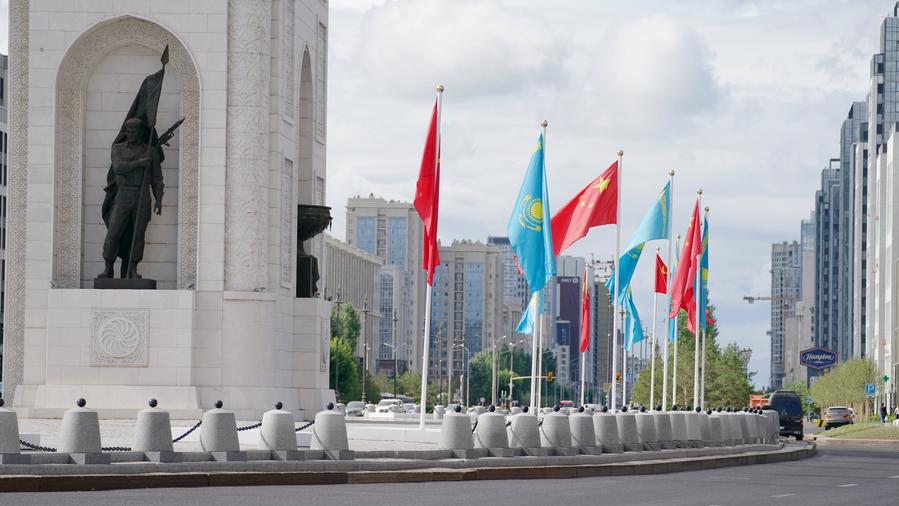China's Role in Shaping the Future of the SCO

The Shanghai Cooperation Organization (SCO), established in 2001, has evolved into an influential force in fostering regional cooperation, ensuring security, and promoting economic development across Eurasia. Our collective vision and concerted efforts have created a platform that not only addresses the immediate needs of our member states but also lays the groundwork for long-term prosperity and stability.
At the heart of this organization’s success lies the pivotal role played by China. Since the inception of the SCO, China has been a driving force behind our initiatives, providing both strategic vision and tangible support. China's commitment to the Shanghai Spirit of mutual trust, mutual benefit, equality, consultation, respect for diversity of civilizations, and pursuit of common development, has been instrumental in shaping the ethos and direction of the SCO.
China's contributions to the SCO are multifaceted and deeply impactful. Economically, China's Belt and Road Initiative (BRI) has aligned seamlessly with the goals of the SCO, facilitating infrastructure development, trade connectivity, and investment flows among member states. The BRI’s extensive network of roads, railways, and ports is not merely an infrastructure project but a vision for shared growth and collective progress. By enhancing connectivity, China has opened new avenues for economic integration and development, creating opportunities for millions across the SCO region.
In the context of security, China has been unwavering in its commitment to combating terrorism, extremism, and separatism. The establishment of the SCO Regional Anti-Terrorist Structure (RATS) in Tashkent is a testament to our collective resolve, with China playing a crucial role in intelligence sharing, joint exercises, and capacity building. This cooperative security framework ensures that our region remains a bastion of peace and stability, allowing our nations to focus on development and prosperity.
Culturally, China's advocacy for people-to-people exchanges has enriched the social fabric of the SCO. Educational programs, cultural festivals, and academic exchanges have fostered a deeper understanding and appreciation of our diverse cultures. These initiatives not only bridge gaps between our peoples but also build a foundation of mutual respect and harmony that is essential for sustained cooperation.
China’s leadership in promoting sustainable development is equally commendable. In alignment with the United Nations’ Sustainable Development Goals (SDGs), China has spearheaded initiatives aimed at environmental protection, green energy, and sustainable agriculture within the SCO framework. By championing these causes, China underscores the importance of balancing economic growth with environmental stewardship, ensuring that our progress is both inclusive and sustainable.
As we stand on the cusp of a new era, the 24th meeting of the Council of Heads of State presents us with an opportunity to reflect on our achievements and chart the course for the future. In this endeavor, China's role will continue to be indispensable. The vision articulated by Chinese leadership for a global community of shared future resonates deeply with the core objectives of the SCO.
Let us reaffirm our commitment to the principles that bind us together. Let us harness the collective strength of our nations, guided by the wisdom and leadership exemplified by China, to forge a path of peace, prosperity, and sustainable development for all. The challenges we face are formidable, but our resolve is unwavering. Together, as one cohesive and dynamic entity, we will navigate the complexities of the modern world and emerge stronger, more resilient, and more united.

The author is the President of the Belt and Road Initiative for Sustainable Development (BRISD), a think tank based in Islamabad, Pakistan.